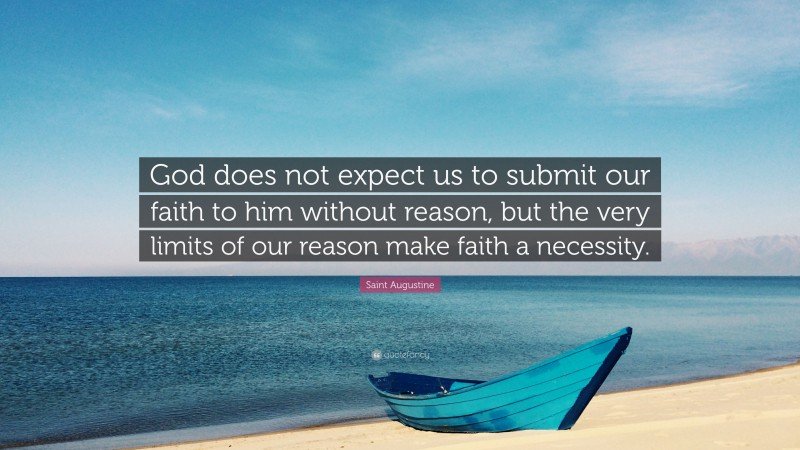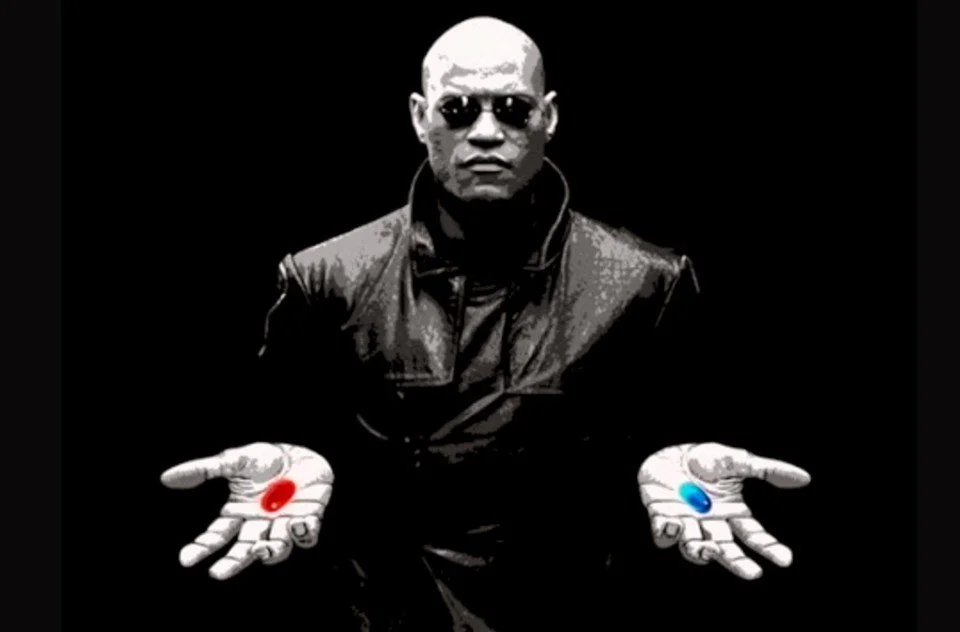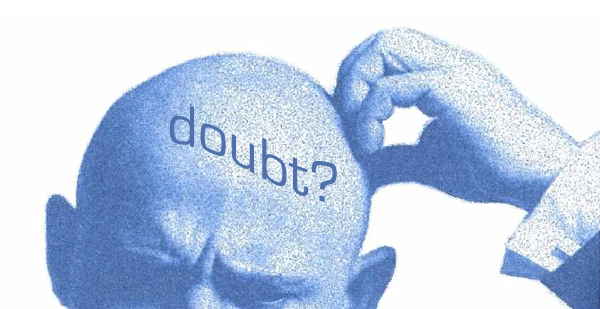This is my very first "quick hitter" episode (mere minutes long). Just what does tolerance mean? What doesn't it mean? It seems simple, but watching our society apparently it is not.
014 Faith vs. Reason (13) Why Do I Believe? Side A
Why am I a Christian? Just why do I believe? This is the first half of a two-part delineation of why I embrace the Christian worldview. I speak variously to spiritual, existential, and philosophical issues that are profound for me. To that end I describe an automobile accident I was in, why and that beauty is so gripping to me, and what the Bible has to say about human nature.
013 Faith vs. Reason (12) Reason in the Universe
If God is beyond and outside of reality how can we say the universe then mirrors him? How dare we say that there is reason woven into the universe? Another question, do all people reason the same way? Why or why not? You see, Christianity is a perspective we look through and into reality, not something we only look at.
012 Faith vs. Reason (11) God the Author, Actor of His Own Story
We all live our lives based on a story. By which story are you living? God is a risky author-actor: he lets other subjects and beings have a role in his own very play. We can say “no,” we can somewhat alter the story. But if we're going to join God at recess, we'll be asked to play by the guidelines of his playground. Oh, and I also speak toward what all this means for me.
011 Faith vs. Reason (10) Bible As Story
Which story influences your life? The Bible is a story, with God as the main actor and author, that is meant to influence all lives. But, just what is a narrative approach to theology or to life? (I also review the movie Wonder).
010 Faith vs. Reason (9) Reason Submits to Faith
Amazingly, reason cannot stand on its own. An unbounded reason often turns into a bone-crushing monster. For example, in some cultures it is reasonable to euthanize the mentally handicapped, or treat women as less than fully human. So, reason needs faith. The problem is that our Post-Cartesian society has made us swallow the blue pill of blindness, of blind faith. Jesus Christ offers us the red pill of reality, reality filled with truth, meaning, and grace. Let me show you some ways that faith informs Christian reasoning.
009 Faith vs. Reason (8) Reason Serving Faith
Just thinking about reason submitting to faith sounds ominous! Does that mean we turn our brain off? Does that mean we only think "Christian" thoughts? Spiritual thoughts? I also discuss chronological snobbery, a weird experience I had a coffee shop, and a shopping trip to Home Depot. Come and think with me!
008 Faith vs. Reason (7) Doubt
Christian culture assumes that all doubt is evil. Some might be. But what if there was doubt that was not only not evil but actually positively beneficial? The Lord would rather have your honest doubt than your fake faith. Doubt drove me to become a theologian, and for that I’m so grateful!
007 Faith vs. Reason (6) What is Faith?
Perplexingly, the Bible's undergirding presupposition is Faith. But, just what is faith? How should we define it? And, how does the Bible prove faith? Or, to what did Jesus appeal in order to "prove" himself and his identity? Similarly, how do we explain or prove a miracle? How does faith manifest in everyday life? This episode also contains a movie review.
006 Faith vs. Reason (5) The Bible's View of Reality
We are bombarded with daily instructions to doubt all of reality. Contrastingly, the Bible shows us that we simply must begin with faith. Jesus himself called for faith, faith in him and his message. But there can be no appeal greater than God himself, and in this episode I will explore the logic of why that is the case. In the end, believers are called to exhibit humble confidence or a confident humility. Oh, and I share some of my own faith-journey.
005 Faith vs. Reason (4) Sheeple
Scientists believe, passionately! To do their work they simply must be committed to their own discipline's knowledge. Michael Polanyi, himself a chemist, shows us that it is impossible to believe anything meaningful without commitment. I dare you to ask yourself, and others, questions. Jesus asked uncomfortable questions. All of this is because it is not healthy to be a sheeple!
004 Faith vs. Reason (3) Is Science based on Pure Reason?
Are Scientists only objective? Is religious faith unusual? Well, we are taught daily that science is based on pure reason. But in this episode, following Michael Polanyi as our guide, I will show that actually science involves great subjectivity. Moreover, the doing of science involves trust, that is faith, risk, and commitment; qualities that are normally relegated to the world of religious faith.
003 Faith vs. Reason (2) Religion and Facts and Trust
The standard mantra goes, “faith is for religion, facts are for science.” But the truth is huge chunks of our everyday lives are lived by faith. You don't know how electricity works, but you trust the people who do, and you trust who built your appliances, wired your house. It takes faith to learn how to play the guitar. Faith, then, is not so unusual as we think. This episode also contains a movie review.
001 Why This Podcast?
The U.U.’s maiden voyage, this episode explains what the Uncensored Unprofessor, Dr. Ed Rybarczyk, intends for his podcasts. He gives explanations of why he's starting a podcast and why Christians, and other interested folk, need to think more deeply in our volatile historic era are given. Too many believers are afraid, or feel guilty, to express their doubts. Why is this? What can we do about it? Rybarczyk also discusses the topics he wants to cover in future episodes.













